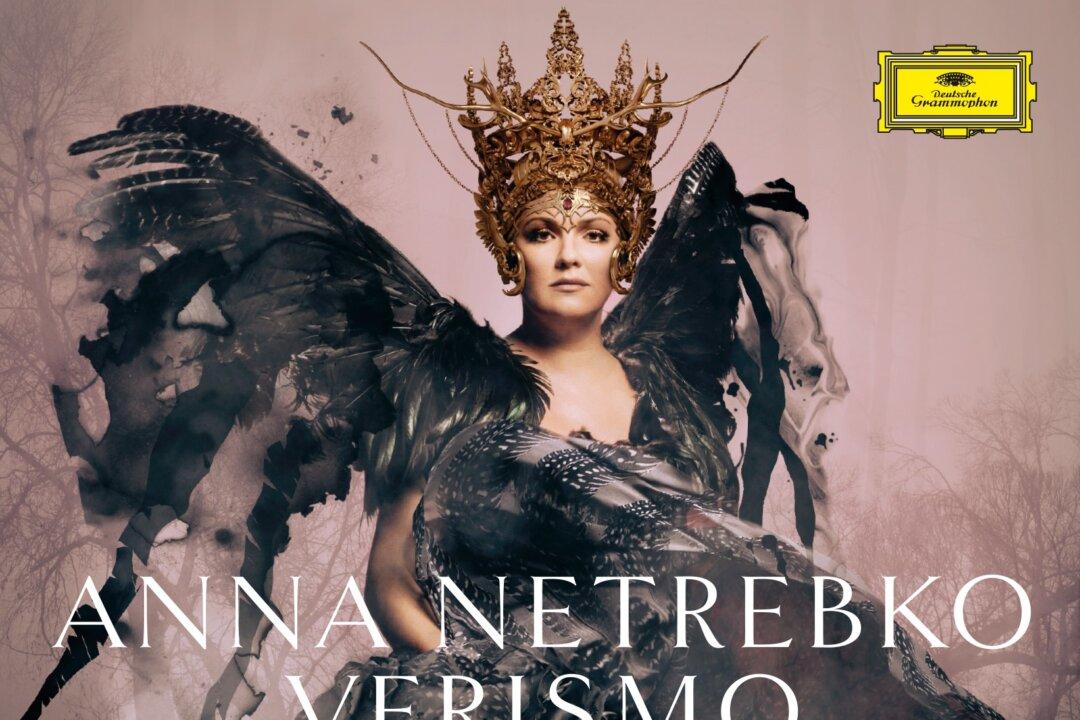Anna Netrebko’s voice has darkened over the 20 years of her career, and she has been changing her roles to accommodate that change. She recently canceled her appearances in the title role of Bellini’s “Norma,” explaining that the part was no longer suitable for her.
Instead, she has embarked on the heavier repertory of verismo operas with marked success. Reviewing her performance as Manon Lescaut at the Salzburg Festival last month, one critic (Matthew Rye) titled his review “Manon from Heaven” and raved about the “sublime account” of the opera.
Netrebko’s latest CD, “Verismo” (on Deutsche Grammophon), shows how exciting she can be in this repertoire.
'Verismo' shows how exciting Netrebko can be in this repertoire.






